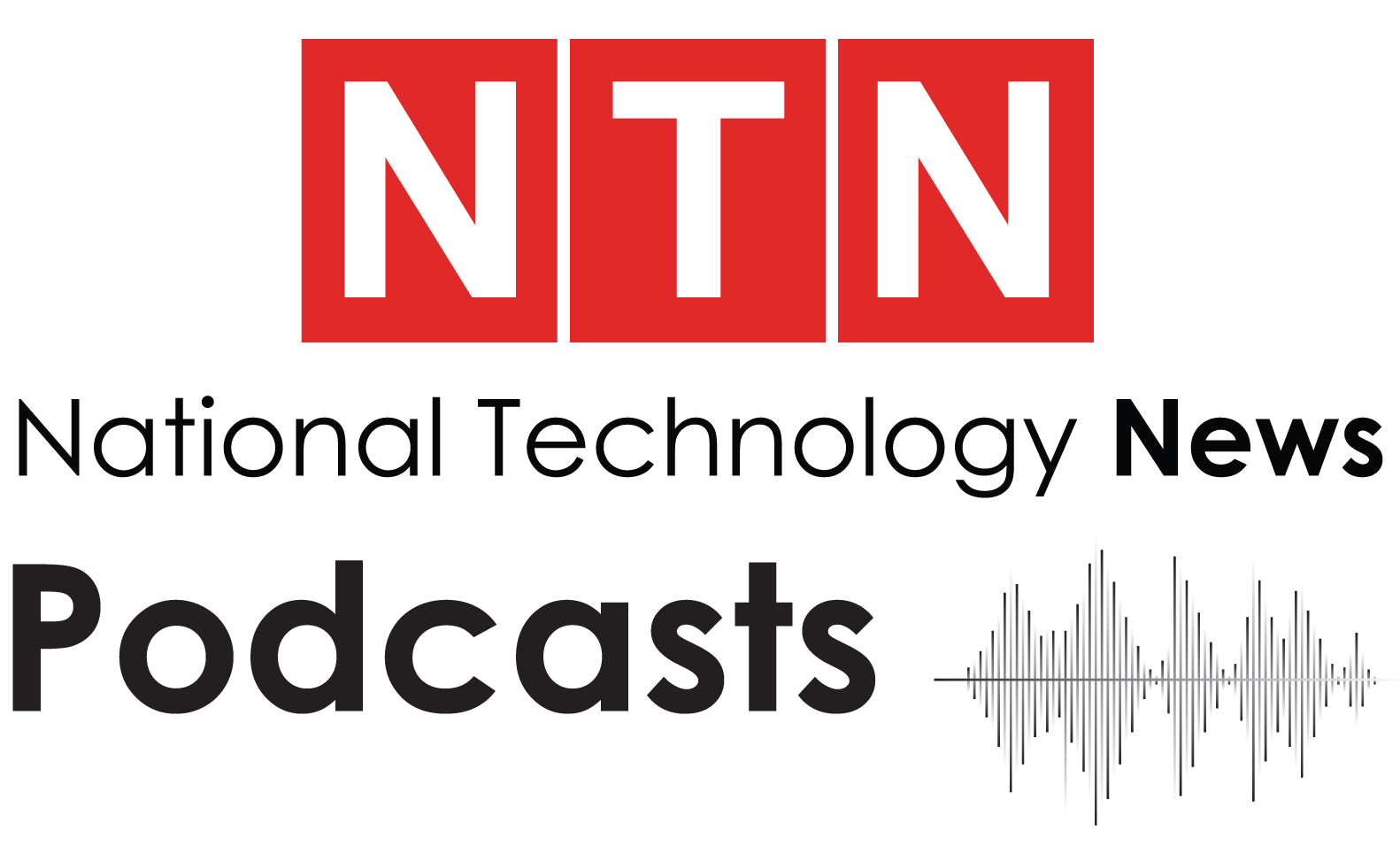Latest News
-
The top technology trends to expect in 2026
-
The most read National Technology News stories of 2025
-
Lyft and Uber sign deals with Baidu for robotaxi trial in London
-
Nextdoor launches AI-driven self-serve ads platform for small businesses
-
Italy's antitrust fines Apple €98.6m over alleged App Store dominance
-
Visa partners with UAE real estate firm to launch voice-enabled agentic commerce payments
Humanitarian data: Is data the secret ingredient in crisis situations?

Unfortunately, resources are limited even in times of crisis. Many humanitarian aid budgets have either been slashed or are under pressure from governments the world over, and in the context of post-pandemic austerity demand for funding certainly outstrips supply.
Limited supplies, vaccines, and skilled personnel mean that modern humanitarian responses rely on data to make sure they are allocating scarce resources in exactly the right place, to the people who most need them.
These data-based responses must evolve and adapt in real-time as situations can rapidly shift and evolve practically overnight, not to mention the fact that many of the worst impacted areas are under connected, under mapped, or remote.
To discuss these issues as well as some possible solutions, Will McCurdy, content editor of National Technology News, was joined by Hannah Ker and Alan Mills from geospatial charity MapAction.
Limited supplies, vaccines, and skilled personnel mean that modern humanitarian responses rely on data to make sure they are allocating scarce resources in exactly the right place, to the people who most need them.
These data-based responses must evolve and adapt in real-time as situations can rapidly shift and evolve practically overnight, not to mention the fact that many of the worst impacted areas are under connected, under mapped, or remote.
To discuss these issues as well as some possible solutions, Will McCurdy, content editor of National Technology News, was joined by Hannah Ker and Alan Mills from geospatial charity MapAction.
The future-ready CFO: Driving strategic growth and innovation
This National Technology News webinar sponsored by Sage will explore how CFOs can leverage their unique blend of financial acumen, technological savvy, and strategic mindset to foster cross-functional collaboration and shape overall company direction. Attendees will gain insights into breaking down operational silos, aligning goals across departments like IT, operations, HR, and marketing, and utilising technology to enable real-time data sharing and visibility.
The corporate roadmap to payment excellence: Keeping pace with emerging trends to maximise growth opportunities
In today's rapidly evolving finance and accounting landscape, one of the biggest challenges organisations face is attracting and retaining top talent. As automation and AI revolutionise the profession, finance teams require new skillsets centred on analysis, collaboration, and strategic thinking to drive sustainable competitive advantage.
© 2019 Perspective Publishing Privacy & Cookies



